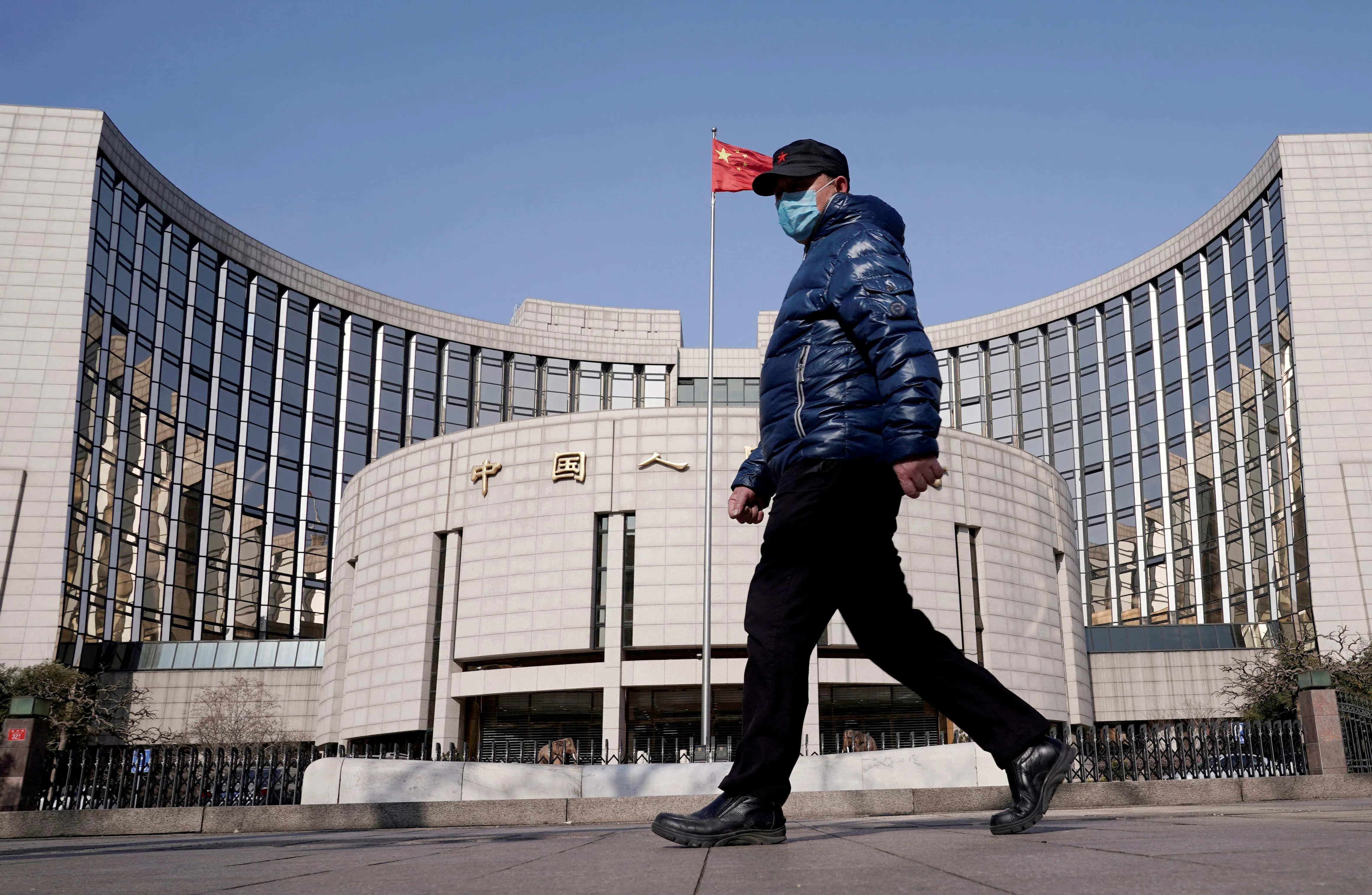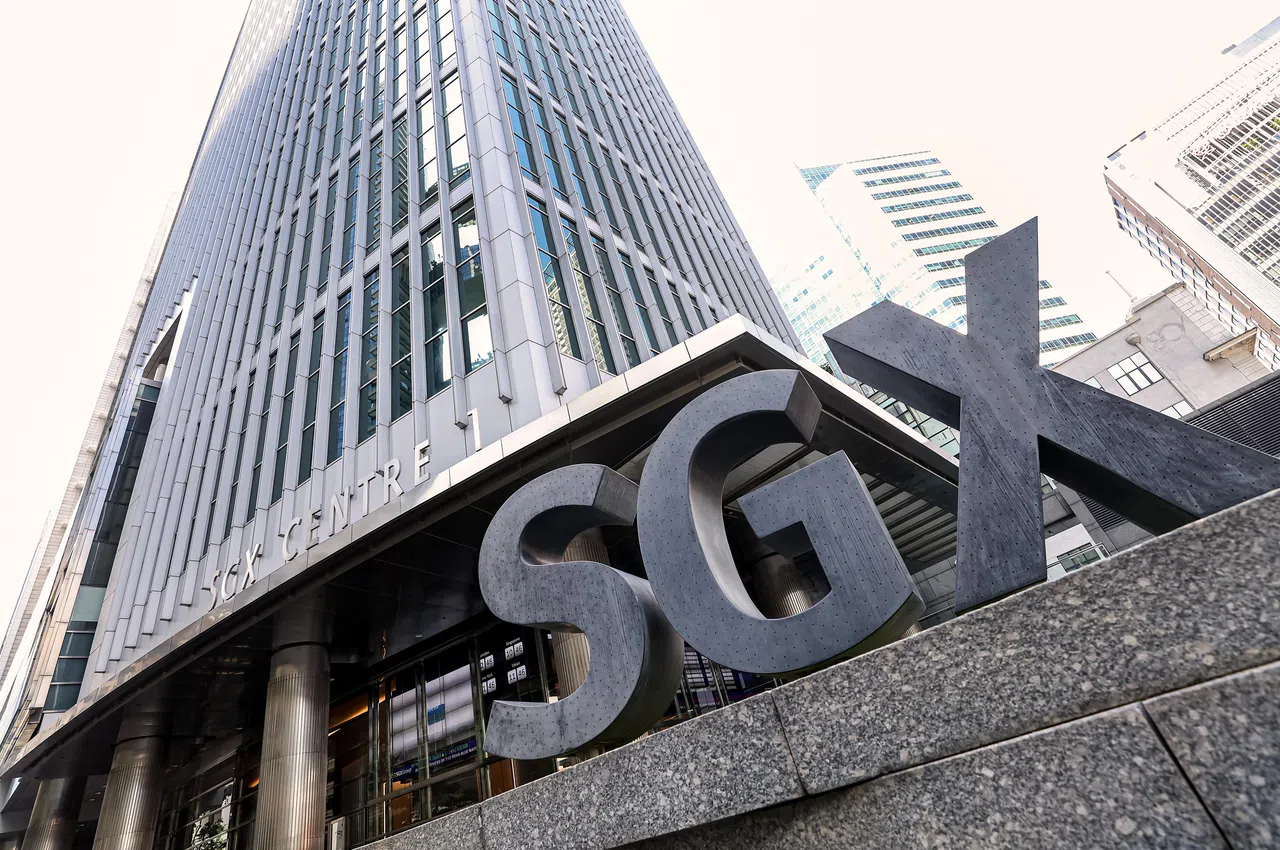[ad_1]
INVESTORS are increasingly sceptical about this year’s market-beating rally in Chinese bank stocks on concerns that potential easing measures to further support the nation’s flagging economy will hurt the firms’ profitability.
The cost of hedging against declines on China Construction Bank (CCB) shares has jumped, and the number of bearish options outstanding hit a 10-year high relative to bullish contracts, data compiled by Bloomberg show. The trend is similar for Bank of China (BOC) and Industrial and Commercial Bank of China (ICBC), whose put-to-call ratio climbed to its highest level in two years following the last expiration.
Calls are growing for China’s central bank to announce more aggressive easing measures after the nation’s economic growth unexpectedly slowed to the worst pace in more than a year. While lenders slashed the five-year loan prime rate in February, analysts anticipate more cuts for the mortgage benchmark as home prices keep falling and consumption remains weak.
All eyes are now on the Third Plenum, this week’s meeting of officials that will set the tone for the nation’s economic policies.
“China may need to lower interest rates in the second half by 10 to 20 basis points to boost the economy, which will hurt the banks’ margin,” said Kenny Wen, head of investment strategy at KGI Asia. “Also, some investors are worried that there could be a rotation out of the sector after they have paid out full-year dividends.”
Earlier this month, ICBC, CCB and BOC disbursed record payouts for 2023, data compiled by Bloomberg show.
Chinese banks have been some of the biggest contributors to the rally in the Hang Seng China Enterprises Index this year, as investors chased dividend plays with economic growth slowing and the government vowing to enhance returns at state-owned firms. ICBC, CCB and BOC have all climbed more than 14 per cent this year in Hong Kong, compared with a 9.5 per cent increase in the Hang Seng China gauge.
The hedging activity comes as the options market has been relatively quiet, with stock volatility in the Asian hub this month averaging its lowest reading since January 2022. But the bearishness in banks is not new: Postal Saving Bank of China and China Merchants Bank ere the two most-shorted lenders across Asia in the second quarter, according to S&P Global.
“Banks in mainland China face margin pressures as the central bank maintains an easing bias to support economic growth,” S&P Global analysts including Shahrukh Madni said last week. BLOOMBERG
[ad_2]
Source link




